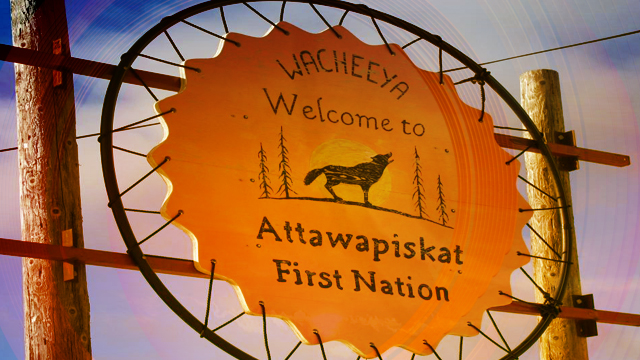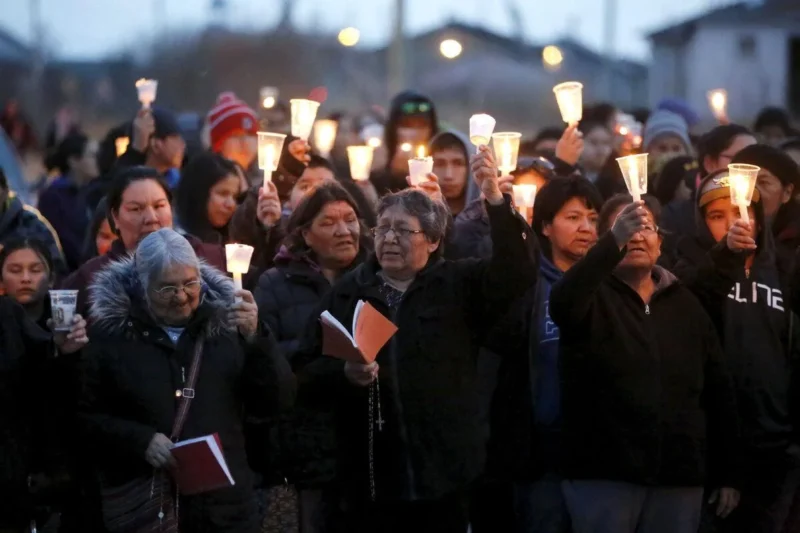Jackson Whitehead
April 15, 2016
Attawapiskat, a First Nation Cree community of about 2,000 people has been rocked by a suicide epidemic. CBC News reported the community in March had 28 attempted suicides. Now, within the first two weeks of April, a total of 39 people have attempted to end their lives. This does not include a suicide pact among 13 youths, including a nine-year-old girl, that was prevented on Tuesday.
A mental health position fully funded by the federal government has been unfulfilled since last summer. Part of the reason the position is left unstaffed is because of a lack of housing and its remote location. The Weeneebayko Area Health Authority told The Globe and Mail on Tuesday no one applied for the position until this past fall and that the candidate fell through after being informed that she would not have access to the same housing as the nursing staff, who live on hospital grounds. In early March, with the position still vacant and no other applicants from near or far, the provincial authority approached the previous candidate who applied and told her she would now be allowed to stay in the nurses’ housing, even if it meant a nurse might have to share their home when the community is at full staffing.
New workers start on April 18, nine days after 11 people – 10 of them youth – attempted suicide in Attawapiskat on Saturday alone. On Monday, a group of children, including an eight-year-old, were rescued by the Nishnawbe-Aski Police Service and brought to the local hospital, where they were treated, and assessed amid concerns they were part of a suicide pact that planned to take their lives that night. On Tuesday, several more people were brought to the hospital as part of the suicide crisis, according to Nishnawbe Aski Nation Deputy Grand Chief Anna Betty Achneepineskum, who is currently in Attawapiskat.
Global News reported the Nation is in a STATE OF EMERGENCY and awaiting assistance. The people of these First Nations are not sitting idly. They plan to help themselves by working on the issues from the inside out. With a shortage of adequate housing, and funding for education, healthcare, and other programs as the Indian Act hovers above them, they work, struggle, and strive to come out of the generational oppressed state.
On April 12, Ontario MP Charlie Angus addressed the House of Commons, saying when we as a nation understand that “[t]he greatest resource we have in this country is not the gold and it is not the oil. It is the children and the day we recognize that is the day that we will be the nation we were meant to be”. Compounding current and existing issues, Canada’s First Nations and Aboriginal communities’ need for help, which this new government has promised, is even more imperative.

